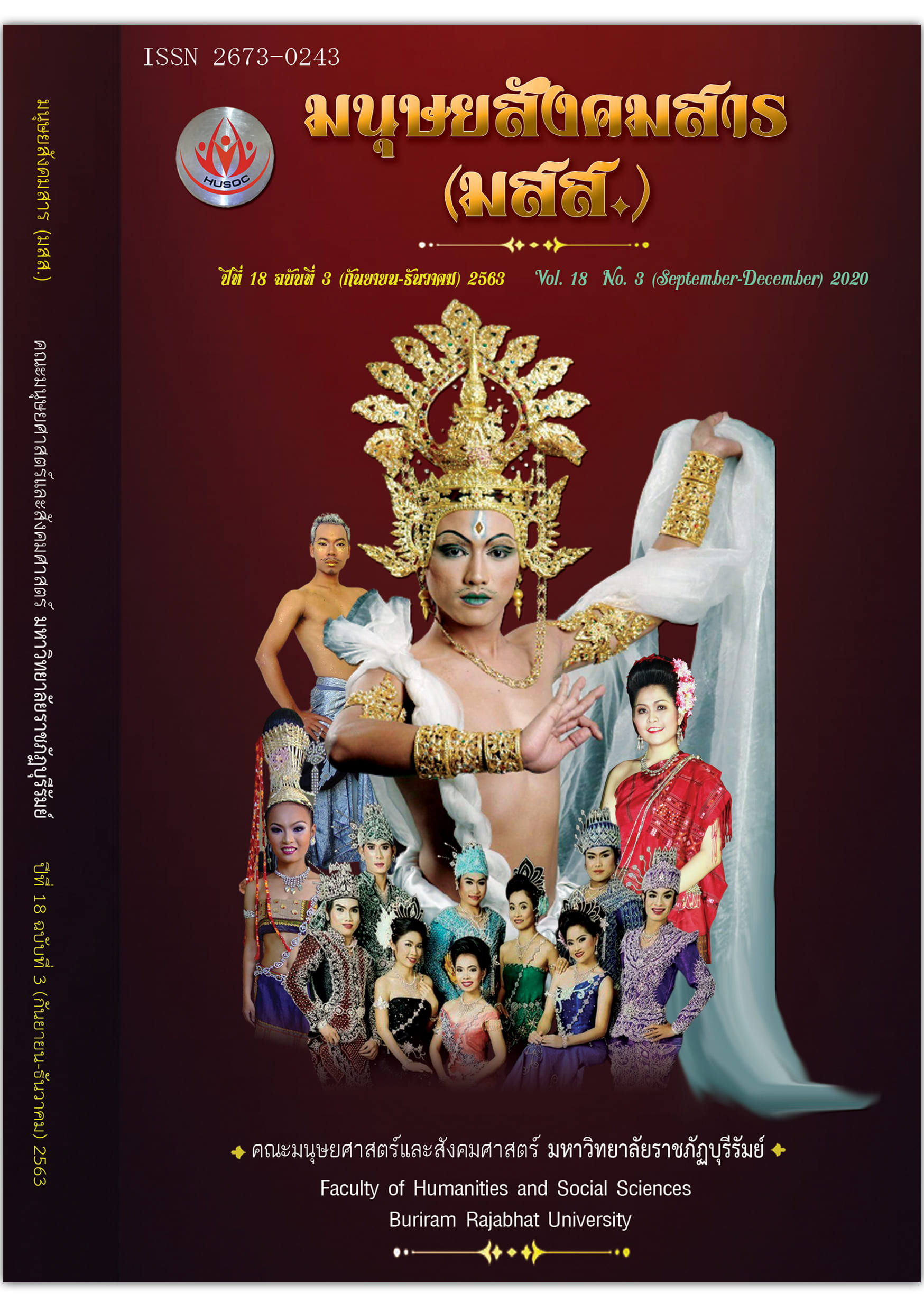Student Perceptions of Learning Experiences that are Beneficial for Students to Succeed in their Careers in the 21st Century
Main Article Content
บทคัดย่อ
The purpose of this study was to learn more about student perceptions of teaching and learning based on the 21st century Learning and Innovation Skills: communication, collaboration, critical thinking, and creativity (4Cs) (Partnership for 21st Century Learning, 2011). Learning Skills (The Four C’s) are by far the most popular 21st Century skills. These skills are also called learning skills. More educators know about these skills because they’re universal needs for any career. They also vary in terms of importance, depending on an individual’s career aspirations: Critical thinking; Creativity; Collaboration; and Communication. Student perspective of current teaching and learning approaches in the classroom is an essential component of evaluating the degree to which the needs of learners are being met for success in a global economy and a 21st century world. Positive perceptions were found from students regarding the importance of all 4Cs for use beyond university (67.80%, 72.40%, 81.50%, 70.60%, respectively). Although over 60% of the participants agreed that each of the 4Cs is an important 21st century skill, there are much less experiences in creating presentations and posting online.
Article Details
เนื้อหาและข้อมูลในบทความที่ลงตีพิมพ์ในวารสารทดสอบระบบ ThaiJo2 ถือเป็นข้อคิดเห็นและความรับผิดชอบของผู้เขียนบทความโดยตรงซึ่งกองบรรณาธิการวารสาร ไม่จำเป็นต้องเห็นด้วย หรือร่วมรับผิดชอบใดๆ
บทความ ข้อมูล เนื้อหา รูปภาพ ฯลฯ ที่ได้รับการตีพิมพ์ในวารสารทดสอบระบบ ThaiJo2 ถือเป็นลิขสิทธิ์ของวารสารทดสอบระบบ ThaiJo2 หากบุคคลหรือหน่วยงานใดต้องการนำทั้งหมดหรือส่วนหนึ่งส่วนใดไปเผยแพร่ต่อหรือเพื่อกระทำการใดๆ จะต้องได้รับอนุญาตเป็นลายลักอักษรจากวารสารทดสอบระบบ ThaiJo2 ก่อนเท่านั้น
เอกสารอ้างอิง
Blair, N. (2012). Technology integration for the new 21st century learner. Principal, 2012(1), 8–13.
Bryk, A. S., Gomez, L.M., Grunow, A., & LeMahieu, P.G. (2015). Learning to improve: How America’s schools can get better at getting better. Cambridge: Harvard Education Press.
Calhoun, C. (2008) 'Cosmopolitanism and the Modern Social Imaginary', Daedalus Vol. 137, Issue 3: p.105-113. [doi://dx.doi.org/10.1162/daed.2008.137.3.105]
Collins, A and Halverson, R. (2009) Rethinking education in the age of technology. New York: Teachers College Press.
Fowler Floyd J, Jr (2013) Survey Research Methods, fifth edition, Center for Survey Research, University of Massachusetts Boston, USA
Fullan, M.G. (1991) The New meaning of educational change. New York: Teachers College Press.
Hillman, Nicholas W. 2015. “Geography of College Opportunity: The Case of Education Deserts.” Working paper, Madison, WI: Wisconsin Center for the Advancement of Postsecondary Education.
Martens, R., Bastiaens, T., & Kirschnet, P. A. (2007). New learning design in distance education: The impact on student perception and motivation. Distance Education, 28(1), 81–93.
Orcher, L. T. (2005). Conducting research: Social and behavioral science methods. Glendale, CA: Pyrczak Publishing.
Sapsford, R. (1999). Survey research. London: Sage Publications.


